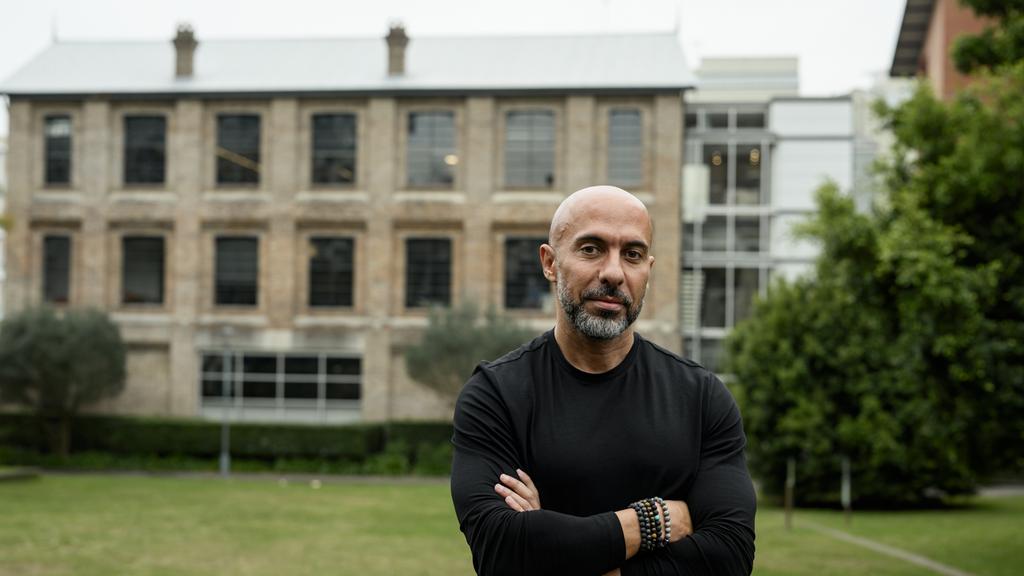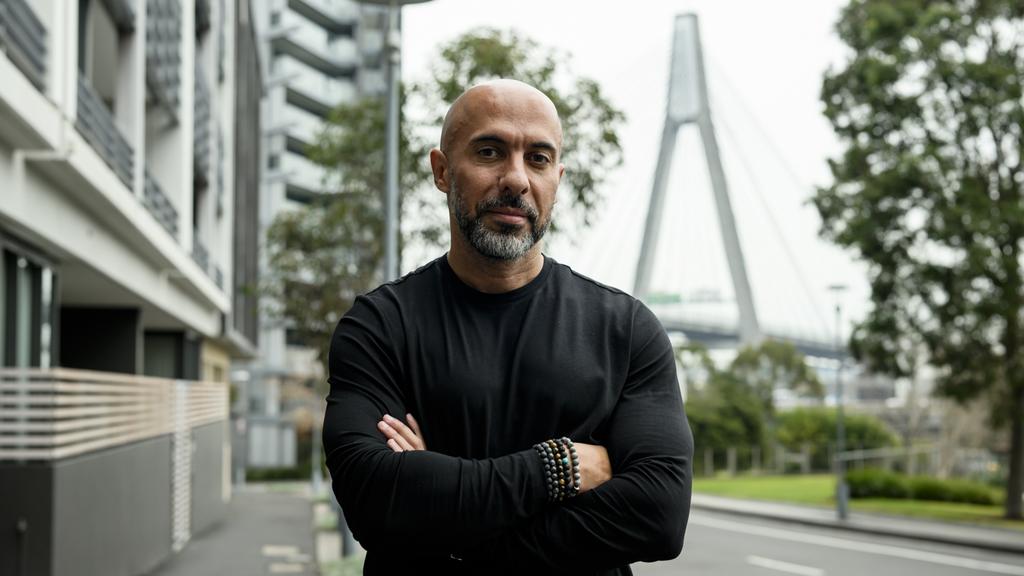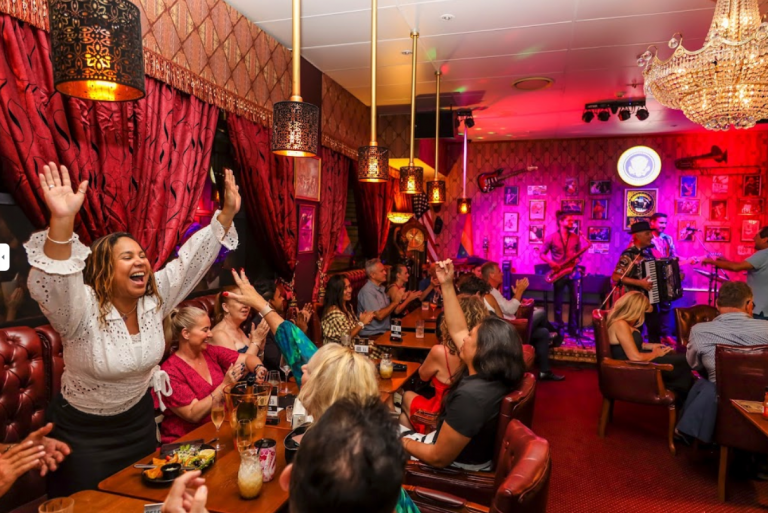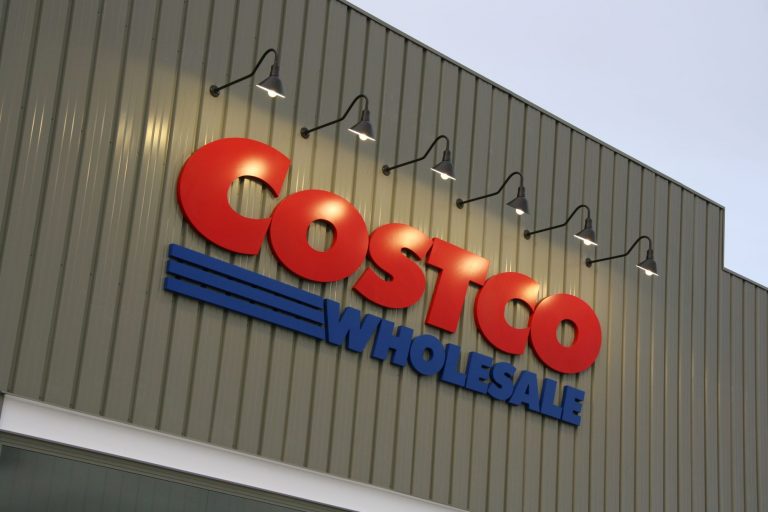Arada launches into Australia with $2.5bn housing foray

Arada Group boss Ahmed Alkhoshaibi.
United Arab Emirates-based property developer Arada has launched into the Australian property market from a new Sydney base and has plans for multiple projects across NSW, where it has launched its first project in the northwestern suburb of Castle Hill.
The ambitious Middle Eastern property developer, which has built 9000 homes and has another 21,000 in the pipeline in its home market, has spent about $200m on about five sites in NSW as it looks to get a jump in the market where few rival developers are buying.
Arada, led by its Australian-born chief executive Ahmed Alkhoshaibi, who is also spearheading the local operations and business growth, believes that its model will translate well in the market.
Unlike the sprawling mini-cities that it undertakes in the Middle East, in Australia, Arada will focus on developing more compact, high-rise projects with top facilities and amenities. Its developments will sport green spaces, top retail outlets and its signature fitness and wellbeing offering, Wellfit.
Arada is moving fast and will submit its first drawings for approval next month for the Castle Hill project, which is to feature about 350 apartments.
While local developers are struggling to get projects off the ground, Arada says it is backed by a strong balance sheet and good sales in its home market.
Mr Alkhoshaibi acknowledged the challenge of rising construction costs in Australia but said the company could start building ahead of securing pre-sales, and its projects were slated to start from next year.
The new entrant is committed to working with local and state authorities on solutions to the affordability crisis, and believes it can help ease the pressure on first-home buyers by using its integrated residential community model.
“Launching in Australia marks a pivotal moment for Arada as we continue to realise our vision of integrated residential communities that help people lead happier, healthier and more meaningful lives,” Mr Alkhoshaibi said.

Arada Group CEO Ahmed Alkhoshaibi.
Mr Alkhoshaibi said Arada’s model of activated precincts, that offered a community-based approach to housing supply, would work in Sydney, where its first projects would be developed in growth corridors. The projects also aligned with NSW government initiatives to expand housing near transport hubs while minimising the strain on existing infrastructure.
The company has also forged into other international markets with the aid of its private backers.
Arada has assembled $2.5bn worth of projects in its pipeline for its Australian operations. The company’s developments Down Under are in Sydney’s inner west, southwest and Hills Shire suburbs, and will add 2500 dwellings to the city’s market.
The sites will also have extensive commercial and retail components, which will be held by the developer. Arada intends to pour profits from its Australian operation back into building up long-term holdings in retail, commercial and residential assets.
“We’re going to be committing a good percentage to build-to-rent – so about 20 per cent as a minimum,” Mr Alkhoshaibi said.
Arada has partnered with architecture practice Woods Bagot to design and deliver its projects. Construction and sales are slated to kick off in 2025.
The company says it means business.
“In the seven years since we were launched, we’ve already transformed one emirate (Sharjah), and we’re now a big player in Dubai,” Mr Alkhoshaibi said.
“We’ve really shocked the market, becoming the youngest private company in the UAE ever to achieve ratings and go through a public bond-raising process.”
Since 2017, Arada has started six projects in Sharjah and Dubai, with a combined sales value of $25bn. These include Sharjah’s largest ever mixed-use mega-project, Aljada; the UAE’s first forested community, Masaar; and the ultra-luxury Armani Beach Residences at Palm Jumeirah.
Aljada is one of the UAE’s largest mixed-use mega-projects, covering a 2.2sq km area. The project is about 30 per cent complete and, once finished, will feature 25,000 homes, four hotels, three international schools, a family entertainment zone, an office park, an opera house, sporting facilities and a mall, all in a landscaped mini-city. More than 7500 homes have already been delivered.
The developer has a holistic philosophy which includes landscaping and public space, as well as great architecture and design, at its precincts.
“We’ll be applying these same principles in Australian projects, as well as a focus on job creation, BTR and meaningful community support,” Mr Alkhoshaibi said.
He said Arada planned to grow to about $5bn of local projects over the next three-to-five years, with a focus on city growth corridors near public infrastructure.
Longer term, the company would like to replicate its UAE-style mixed-use mega-projects, albeit tailored to slightly smaller-scale local tastes.
“We need to show stakeholders – government and regulators, that we can deliver,” he said.
“I want to show that Arada has delivered strategic projects in specific locations, and then it will be time to step it up.”
This all ties in with his longer-term plans of becoming a major player across the UAE, Australia, Saudi Arabia and Britain.
“I’m confident that we’ll be one of the first UAE developers to be very successful outside the country,” he said.
With ambitions of being a top-five developer in the markets where it operates, Arada is not standing still.
“When I look at the developer landscape here, I think you need fresh blood, someone to take the initiative with innovative ideas and not be too scared to be audacious,” Mr Alkhoshaibi said.
“It’s not always about maximising profits – you need to leave some on the table and give some back to your buyers. If a developer does that here, you become a benchmark for others to follow.”






